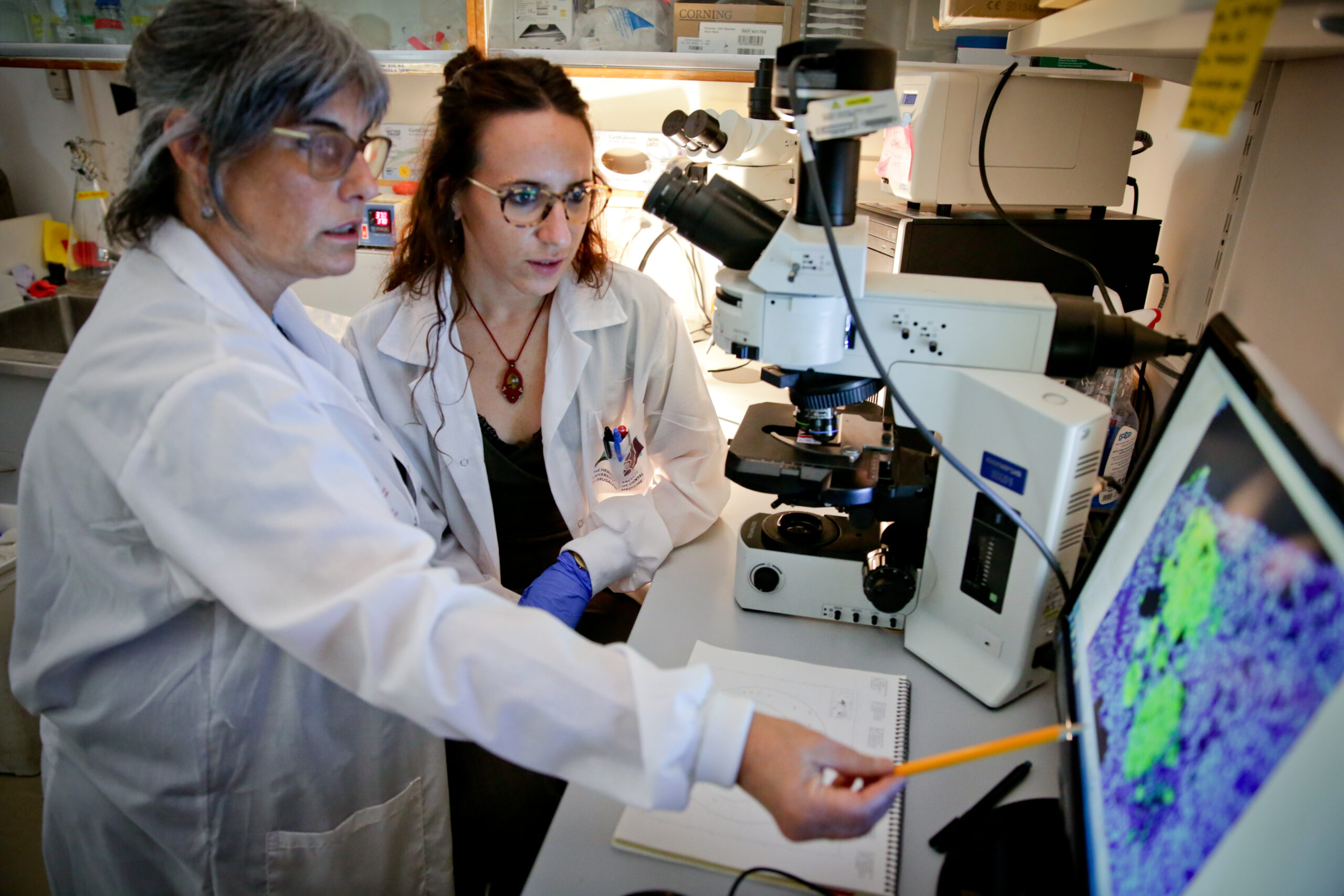This is a Paid Post from American Friends of the Hebrew University, a national, nonprofit charitable organization that connects the passions of Americans to the talent at the Hebrew University of Jerusalem, one of the world’s most distinguished academic and research institutions. Hey Alma’s editorial team had no role in the production of this post.
Recently, medical research has taken massive strides in tackling some of humanity’s most challenging illnesses by combining the powers of modern imaging and pharmaceutical technology with increasingly innovative therapies. Exciting breakthroughs have been achieved in the treatment of myriad cancers by utilizing radiation therapy and highly effective immunotherapy drugs. The development and widespread use of new vaccination technologies played a crucial role in enabling humanity to emerge from the COVID-19 pandemic. But fully understanding the intricate workings of the brain has remained elusive for researchers and academics.
Over the last several years, remarkable progress has been made in the field of brain sciences, with far-reaching implications for various areas of modern healthcare. These achievements allow the medical community to take ambitious steps in addressing a wide range of neurological conditions and better appreciating how our brains work, or why they sometimes don’t.
On the Edmond J. Safra Givat Ram Campus of the Hebrew University of Jerusalem (HU), the Edmond and Lily Safra Center for Brain Sciences (ELSC) houses some of the world’s leading innovators in neurological research. Attracting world-renowned scientists, decorated faculty, and next-gen students, ELSC has created a home for increasingly novel projects that are changing the very future of medicine and human understanding of the body’s most important organ.
ELSC’s mission is to “develop a thriving interface between theory and experimentation in cognitive, biological, and computational neuroscience, paving the way to innovative discoveries in brain research.” Achieving that broad vision relies upon the experience, knowledge, and talents of hundreds of faculty members and staff from disciplines that include neurology, behavioral science, and computer science, among others. While ELSC’s researchers contribute distinct expertise, all rely on state-of-the-art equipment in some of the world’s most advanced laboratory and clinical settings.
Biological research at ELSC is primarily focused on developing new therapies to address Alzheimer’s, Parkinson’s, behavioral and substance addictions, and neurological diseases that affect millions of people around the world. In a recent groundbreaking study, Hebrew University neuroscientists Hermona Soreq and Yonatan Lowenstein reported the discovery of a molecular mechanism which leads to accelerated cognitive deterioration in female patients with Alzheimer’s disease. This study, along with many others taking place at the university, will be instrumental in helping pharmaceutical researchers develop the drugs needed to combat and treat this debilitating condition and improve the lives of countless patients and families in the years ahead.

Cognitive Science stands as an innovative discipline for researchers and clinicians, with wide-ranging implications for young and old alike. Researchers work to explain how our brain functions in key areas of acquiring language and speech faculties, perceiving the world around us, decision-making processes, creativity, and awareness of stimuli that can help or harm us. Current research at ELSC is tackling topics such as sensation, perception, and awareness in health and disease; how brains generate and control movement; and the characterization and repair of a diseased brain. The diversity of this research is relevant to a wide range of academic applications, including psychology, linguistics, philosophy, and computer engineering.
The interdisciplinary nature of Cognitive Science has seen many benefits from advancements in artificial and biological intelligence. The new Hebrew University Center for Computational Medicine recognizes this potential and will dedicate much of its attention to harnessing computational power to better understand and mimic human neurological processes. Providing vital insights into disease genesis and identifying potential targets for therapy and protocols for prevention, the research conducted at the Center will pave the way for the next generation of computationally trained doctors and researchers. By using machine learning, computational medicine offers a more personalized approach by not just addressing an illness or disease but also treating the patient with more individualized and effective care.
The benefit of computational expertise is evident in Prof. Ofra Benny’s lab. She explains, “In recent years we’ve developed a new technology…by using AI (artificial intelligence) and machine learning, we can predict behaviors of cancer cells. This is the kind of really big technological advance that computational biology allows. We can actually help people live longer and have a better quality of life.”
This is a Paid Post. Hey Alma’s editorial team had no role in its production.



